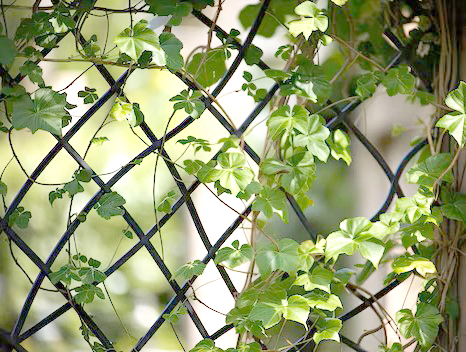
A Diocesan Rule of Life
As a Diocese, in line with many others, we are seeking to develop a Rhythm of Life to help to support our shared vision to become a community of Jesus-centred, kingdom-seeking disciples. We hope that through consultation and exploration we will be able to form a common framework for all our churches. Some congregations may wish to make use of national C of E resources Draw Near: Life giving habits for lent which will be available for Lent 2026. Our intention is to seek to use the period of Lent in each year to rededicate our patterns of discipleship.
Outline
Rhythms or Rules of Life have been around for centuries, each tailored to their community but with a shared family likeness in how we live and grow in everyday faith. They seek to remind us of the place of spiritual disciplines in each day. One of the best known is the Rule of Benedict, whose framework for living was focused on how those in monasteries lived alongside each other. Patterns of living and ways of life have had many different titles over the years, all seeking to enable and encourage one another to express what we believe through the way we shape and order our time.
A Rule of Life is a way of ordering our life around the values, practices and relationships that keep us open and available to Jesus for the work of spiritual transformation that only he can bring about
 All of us already have a rule of life in some form, whether we realise or not. We have rules of life in households, in places of work, in church communities and in our personal lives. Our values and beliefs drive our actions and behaviours, as we are shaped by the culture and community around us.
All of us already have a rule of life in some form, whether we realise or not. We have rules of life in households, in places of work, in church communities and in our personal lives. Our values and beliefs drive our actions and behaviours, as we are shaped by the culture and community around us.
A Rule of Life may sound an odd objective in our modern world, yet these nine core practices from the teaching of Jesus form a tried and tested trellis that allows us to grow and bear fruit. If we want to see lives transformed bringing deep inner healing we need to adopt a plan that will help this to happen.
A Rule of Life is a helpful tool to organise your life in order to live intentionally in your apprenticeship to Jesus.
Designed to be flexible and creative, a Rhythm of Life is for everyone – young and old, newbies and established Christians – and is shaped around practices that help us in our relationship with the living God. This relationship can be viewed as three dimensional: our upward devotion towards God, our inward life and then our relationships looking outward. These relate closely to our definition of discipleship as being with Jesus, becoming like Jesus and doing the things that he did.
In different traditions across our diocese there will be a variety of emphases as to what to include in a Rhythm. Some will focus around sacramental worship others might be more focussed on the study of God’s word. The Diocese wants to support our parishes and people in finding ways to make this work for you.
Our Cairns initiative provides a key place to come and share how you are engaged with a Rhythm of Life in your own discipleship journey. Meeting with others to gently talk through where your strengths and weaknesses are will be enormously helpful in making progress. The very first foundation that needs to be laid is to make space for this pathway of discipleship in your life and community.

Implementation
Our aim is for this to be an invitational and creative exercise. It will be led by Neil Smart, Lead for Revive. In 2026 there will be opportunities to contribute to the formation our Rhythm and anyone interested is very welcome to contact Neil.
The Diocesan launch for this Rule of Life will be in Lent 2027. This will include:
- A Small Group Resource which can be used across our churches.
- Some Sermon Notes to get people started on preaching about the Rhythm and the practices.
- An Evaluation for Churches where we can mark how we are doing for each practice.
- Youth and a Children’s Resources so that all can engage with the Rhythm.
Some Resources
If you wish to get started or begin this journey for yourself or your community there are good resources already available. We recommend the Practicing the Way website, which has a multitude of papers, podcasts, videos and interactive tools. It details nine practices to consider as part of a Rhythm or Rule.
In Lent 2026 the Church of England is producing lent reflections centred on a summary of the Christian way which identifies six different aspects of discipleship. There is a booklet for both adults and families while the content will also be included on the Everyday Faith app. More info here.